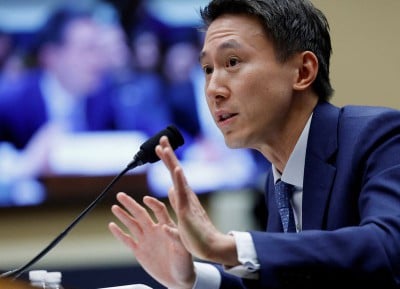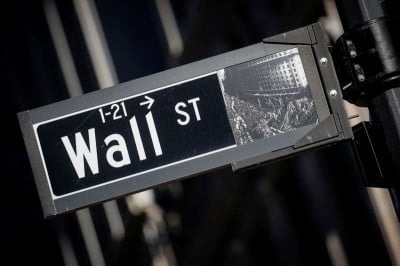There is no easy way to escape the responsibility of paying off student loans. On the other hand, if you take out federal student loans, some programs will forgive you forgiveness once you have made payments and fulfilled any other requirements. The following are some of the student loan forgiveness programs that are the easiest to access:
- Public Service Loan Forgiveness: Your remaining student loan debt will be discharged when you have made qualifying payments for ten years while working full-time for an employer in the public or nonprofit sector. It isn't easy to qualify, and you will need to submit a paper certifying your job each year for the ten years it will take you to qualify to ensure that you remain on track.
- Income-driven repayment Forgiveness: This is the greatest way to prevent your bills from becoming unmanageable. Your remaining balance on loan will be discharged after 20 or 25 years, and your monthly payment will equal a predetermined percentage of your income.
- Teacher Loan Forgiveness: If you work as a full-time educator in a low-income school for five consecutive years, you may be eligible to have up to $17,500 of your student loans discharged.
How To Get Rid Of Private Student Debt
The discharge provided by bankruptcy is one of the few options for eliminating private student debt. This is a laborious and expensive procedure to go through. You will need to file for bankruptcy under either Chapter 7 or Chapter 13, and then you will need to launch a separate lawsuit known as an adversary process.
Throughout the process of filing for bankruptcy, it is quite probable that you will need the services of an attorney, which may cost you thousands of dollars. If you are having trouble making payments, your best choice is to speak with the holder of your private loan about the possibility of renegotiating or pausing your payments for a limited period.
Other Opportunities Exist For Cancellation Of Loans
There are two further scenarios in which your loans might be canceled without you having to make any payments:
- Total and permanent impairment if you become incapacitated and cannot continue working, you may be eligible to have your private and/or federal student loans discharged.
- All federal and private student loans borrowed after November 20, 2018, are forgiven in the event of a death discharge.

If you are in a difficult position regarding your student loans, such as defaulting on them, you may want to investigate the possibility of settling your debt for a loan that is less than what you owe. Even if you are successful, this won't wipe off all of your debt, but it may make managing it easier.
What Consequences Will You Face if You Fail to Repay Your Student Loans?
When you cannot make payments on your student loans, you will ultimately default on them. This will have a negative impact, among other things, on your credit. The following will occur if you do not make payments on your student loans:
- You will be subject to late fees after 30 days since first missed payment. The federal student loans late fee is equal to 6% of the total amount that is still outstanding. You will receive the first late notice on your credit record, which may lower your scores by as much as one hundred points.
- After sixty days, a late payment notice for sixty days will be added to your credit report, in addition to a new 30-day late payment and any associated fees.
- And this will continue once every 30 days. The longer you wait, the more damage is done to your credit score; paying 90 days late is worse than 60.
- Your private student loans will default after three consecutive months in which they are not paid.
- Your federal student loan will go into default after 270 days, which is equivalent to nine months.
Why You Want To Avoid Student Loan Default
When you default, it indicates that you violated your contract, and collection activities might commence. If you default on your federal student loans, you could face various serious repercussions, such as having your wages garnished, having your tax refunds withheld, having your Social Security payments garnished, incurring additional late fees, continually accruing unpaid interest, and incurring collection costs.
Before a private lender may garnish your earnings, it must file a lawsuit against you and get a court decision in its favor. Private lenders can't garnish tax returns and checks received from Social Security. A negative mark on your credit history for seven years from the date it was first recorded might be considered further collateral damage caused by defaulting on a loan.



